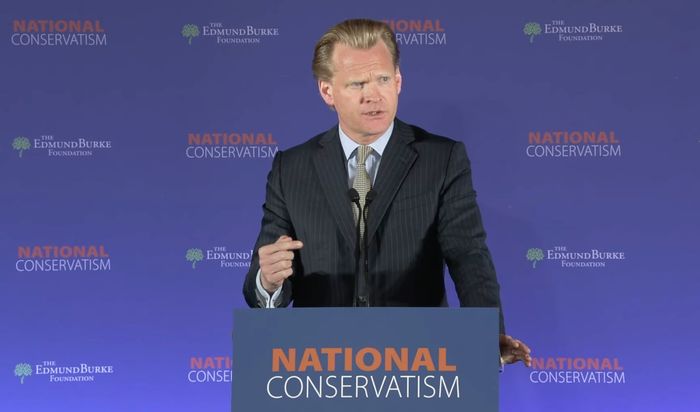University denies ‘censoring’ of ‘problematic’ books
The University Library’s decolonisation initiative has been attacked as ‘outrageous nonsense’ by Cambridge academics

The University has denied accusations of the University Library (UL) “censoring” potentially “harmful” books, following allegations by Cambridge academics.
Cambridge fellows have attacked a new policy by which the library instructed colleagues to collate a list of any books deemed to be “problematic” or “harmful”.
The University has firmly denied the accusation of censoring, saying that the UL simply collates a list of books deemed to be problematic, in order to establish “open and honest discussions with readers”.
The University has maintained that its libraries “do not censor, blacklist or remove content unless the content is illegal under UK law”.
Professor David Abulafia, one of the academics who has publicly criticised the policy, told Varsity: “I find the sheer arrogance of their [the librarians’] assumption of their role as censors breathtaking.”
The accusation related to a memo sent by the UL to college librarians, which told readers that the library is compiling a list of such books, which would then be used for the UL staff to “think through” the issue.
The email mentioned books on the topic of decolonisation as an example, but said that titles that had been “flagged” for being “problematic” for “any reason” would also qualify.
The list would offer “guidance for supporting librarians” and “better support [for] readers,” wrote Pembroke College when passing on the memo to its staff.
Professor Abulafia told Varsity: “Identifying books because they are seen as problematic itself has a very problematic history.”
The Gonville and Caius fellow compared the librarians’ activities to those of “the Nazi period where books by Jewish authors are marked with a star”.
“The job of librarians is to catalogue books and shelve them, not to judge them — not even to read them,” Abulafia said.
Numerous submissions of “problematic” books were reportedly made. The University Library did not disclose specific titles when approached by The Telegraph.
This comes after the Vice-Chancellor urged the University to “lead challenging conversations,” insisting that free speech is “fundamental” to higher education.
Dr James Orr, a Professor at the Faculty of Divinity, told The Telegraph: “Research libraries should not be joining the culture wars [as it would] undermine the University Library’s justified reputation as one of the finest institutions of its kind in the world”.
Orr has been vocal about free speech in the past, having invited Jordan Peterson to Cambridge after his visiting fellowship was rescinded on the grounds of association with public Islamophobia.
The University Library created a “decolonisation working group” in response to the 2020 Black Lives Matter protests. This group, which currently consists of 17 members, is set to grow.
The group states it is “actively re-contextualising library holdings which are a legacy of colonialism and occupation”, while also formulating “policies and guidance” pertaining to decolonisation.
A Cambridge University Library spokesperson told Varsity: “Cambridge University Libraries do not censor, blacklist or remove content unless the content is illegal under UK law. We engage in dialogue with colleagues to help us continue to have open and honest discussions with readers about what we collect and why.”
 Comment / Cambridge’s tourism risks commodifying students18 April 2025
Comment / Cambridge’s tourism risks commodifying students18 April 2025 News / Cambridge student numbers fall amid nationwide decline14 April 2025
News / Cambridge student numbers fall amid nationwide decline14 April 2025 News / Greenwich House occupiers miss deadline to respond to University legal action15 April 2025
News / Greenwich House occupiers miss deadline to respond to University legal action15 April 2025 Comment / The Cambridge workload prioritises quantity over quality 16 April 2025
Comment / The Cambridge workload prioritises quantity over quality 16 April 2025 Sport / Cambridge celebrate clean sweep at Boat Race 202514 April 2025
Sport / Cambridge celebrate clean sweep at Boat Race 202514 April 2025





